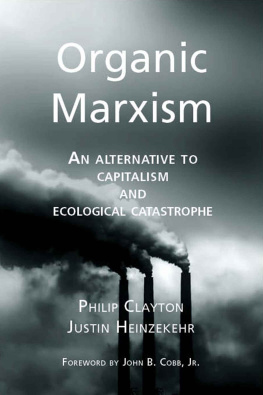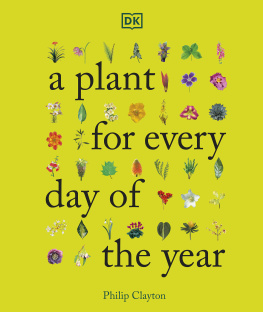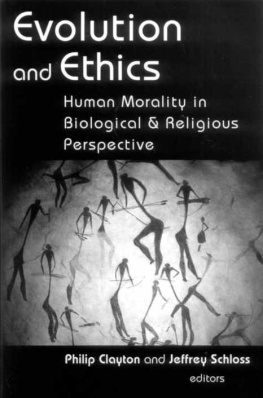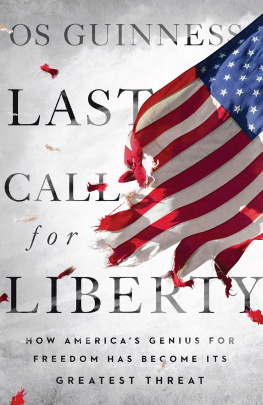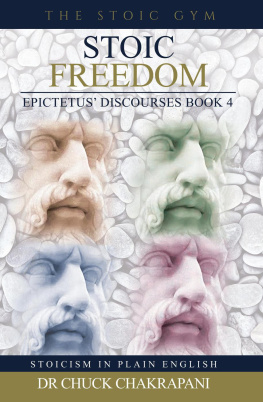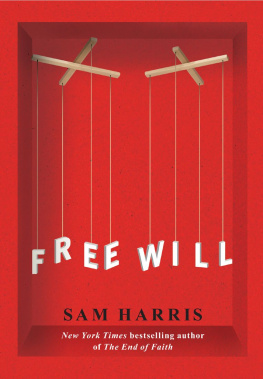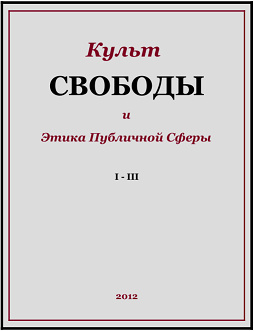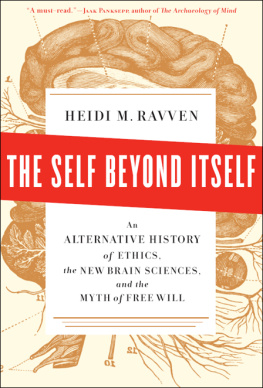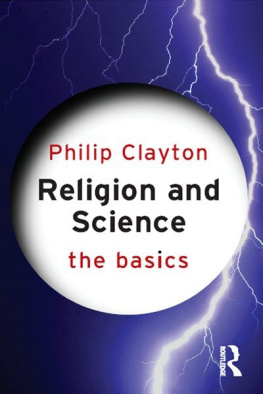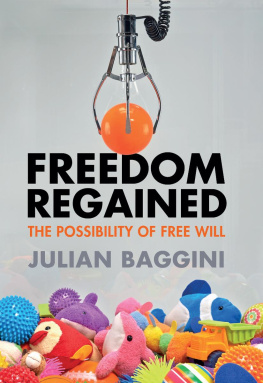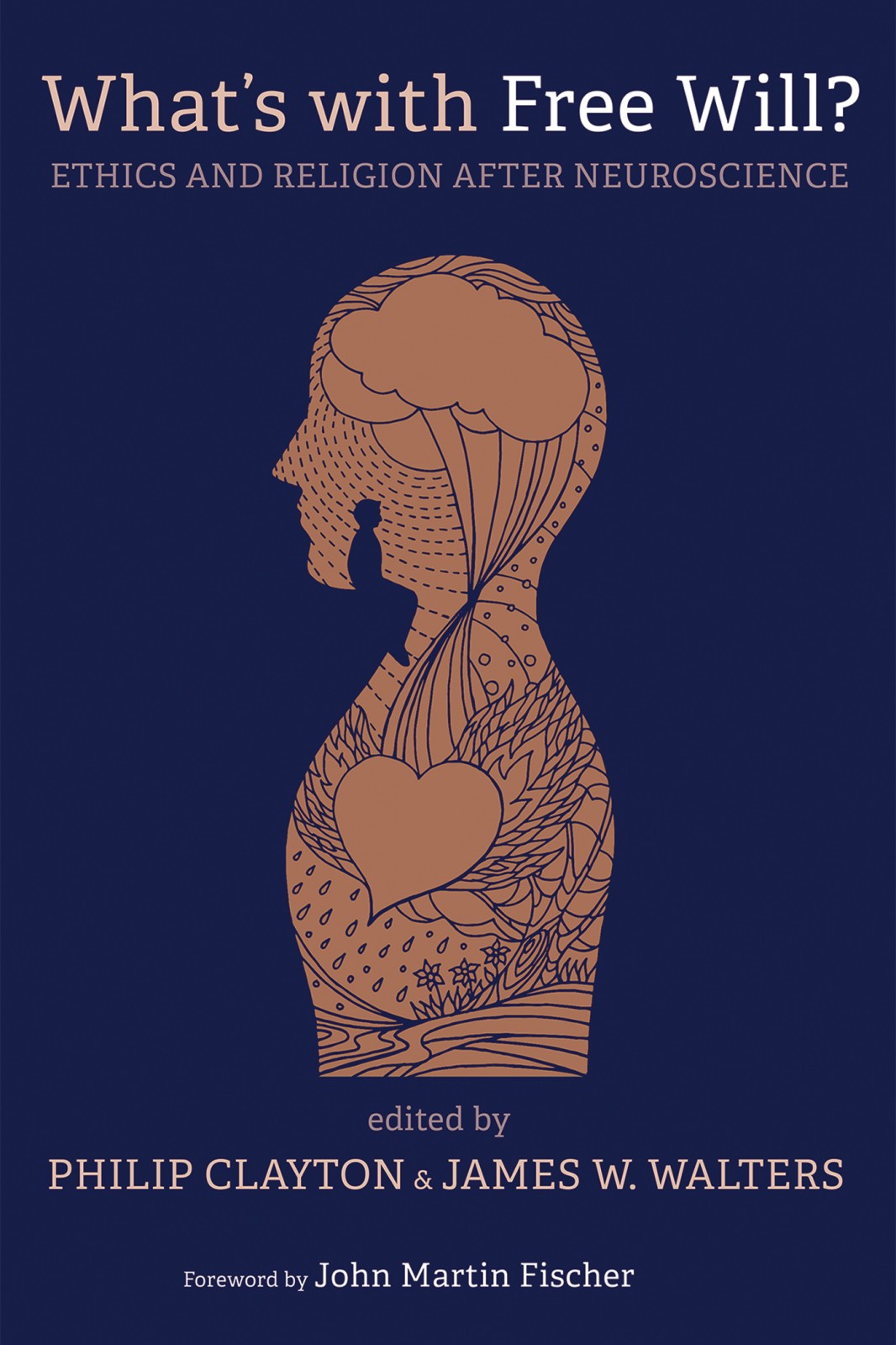Copyright 2020 Wipf and Stock Publishers. All rights reserved. Except for brief quotations in critical publications or reviews, no part of this book may be reproduced in any manner without prior written permission from the publisher. Write: Permissions, Wipf and Stock Publishers, W. th Ave., Suite , Eugene, OR 97401 .
W. th Ave., Suite
Names: Clayton, Philip, 1956 , editor. | Walters, James W. (James William), 1945 , editor. | Fischer, John Martin, 1952, foreword writer.
Title: Whats with free will? : ethics and religion after neuroscience / edited by Philip Clayton and James W. Walters ; foreword by John Martin Fischer.
Description: Eugene, OR: Cascade Books, 2020 | Includes bibliographical references.
Identifiers: isbn 978-1-5326-8162-2 ( paperback ) | isbn 978-1-5326-8163-9 ( hardcover ) | isbn 978-1-5326-8164-6 ( ebook )
Subjects: LCSH: Free will and determinism | NeuroscienceReligious aspects | Cognitive neuroscienceMoral and ethical aspects | Mind and bodyReligious aspectsChristianity | Mind-Body Relations, Metaphysical | BrainReligious aspectsChristianity | ChristianityPhilosophy | Bioethical issues | Volitionphysiology | Responsibility
Manufactured in the U.S.A. 03/09/20
... some things happen of necessity (), others by chance (), others through our own agency ( ).
Contributors
Mark Ard , Chief Resident, Loma Linda University Psychiatric Residency Program, Loma Linda, California.
Kendal C. Boyd , Associate Professor of Psychology, Loma Linda University, Loma Linda.
Philip Clayton , Ingraham Professor of Theology, Claremont School of Theology, Claremont, California. His publications include In Quest of Freedom: The Emergence of Spirit in the Natural World , and Mind and Emergence: From Quantum to Consciousness.
Marlene M. Ferreras , Assistant Professor of Practical Theology, La Sierra University, Riverside, California.
David R. Larson , Professor of Ethical Studies, Loma Linda University. His publications include Abortion: Ethical Issues and Options, and Christianity and Homosexuality: Some Seventh-day Adventist Perspectives.
Thomas Jay Oord , Professor of Theology and Philosophy, Northwest Nazarene University, Nampa, Idaho. His publications include The Controlling Love of God: An Open and Relational Account of Providence, and Creation Made Free: Open Theology and Science.
Richard Rice , Professor of Religion, Loma Linda University. His publications include The Openness of God: The Relationship of Divine Foreknowledge and Human Free Will, and Suffering and the Search for Meaning: Contemporary Approaches to the Problem of Pain.
Charles Scriven , an independent scholar, Scottsdale, Arizona. His publications include The Promise of Peace, and How to Believe When You Hurt.
Calvin Thomsen , Assistant Professor of Religion, Loma Linda University.
James W. Walters , Professor of Ethical Studies, Loma Linda University. His publications include Choosing Whos to Live: Ethics and Aging, and War No More? Options in Nuclear Ethics.
David W. Wilbur , now deceased, was Chief of Oncology and Hematology, Veterans Affairs Medical Center, Loma Linda. His publications include Power and Illusion: Religion and Human Need.
Gerald R. Winslow , Professor of Ethical Studies, Loma Linda University. His publications include Triage and Justice, and Facing Limits: Ethics and Health Care for the Elderly.
Zane G. Yi , Associate Professor of Philosophy, School of Religion, Loma Linda University.
Foreword
A s Mark Ard points out in his contribution to this volume, Albert Camus focused on suicide in his novel, The Myth of Sisyphus. He contended that this is our fundamental question every day: whether to commit suicide. He even purportedly said that every morning we have the choice of committing suicide or having a cup of coffee. It is evident from their contributions to this excellent collection that the authors would prefer coffee, even if causal or theological determinism were to hold. Appropriately enough, Jim Walters (a co-editor along with Philip Clayton) points out that the book project was conceived when the co-editors met for a cup of coffee at Starbucks, Walters driving and Clayton riding his bike.
The papers in this anthology are all rigorous, thoughtful, well-informed by the relevant scientific, philosophical, and theological literature, and bold. No decaf here! The authors take on some of the most fascinating and pressing problems related to free will, science, and religion. What does contemporary physics show about free will? One of the most important intellectual contributions of the authors in this book is to refute the common and oft-repeated view that (somehoweither via determinism or indeterminism) science shows that there is no free will. This view is associated with Sam Harris, as well as neuroscientists such as Benjamin Libet and Daniel Wegner. Various authors argue persuasively that we should reject this superficial interpretation of contemporary brain science.
Indeed, some offer important and original explanations of free will, even in a causally deterministic world. The most attractive framework of this sort is presented by Philip Clayton, and is referred to as nonreductive physicalism. This is a kind of compatibilism about causal determinism and human freedom (and, more broadly, meaning in life). On this view, although physical causation is present and works its way through the mind and our deliberation, the scientific level of analysis is not the only or hegemonic level. Just as materialism does not imply the ontological reduction or elimination of mental states from our conceptualization of the phenomena, so physical determinism does not imply the lack of freedom and meaning in life. Freedom emerges from complex physical systems. I highly commend the arguments against reductionism found in this book, and the compelling and attractive non-reductionist models of freedom.
How can we have the freedom required to love our neighbor and to accept Gods grace in a deterministic world? How can we have meaning in life and be morally accountable for our behavior? Of course, these are ancient concerns with respect to theological determinism, and modern puzzles for causal determinism. The authors develop strategies for addressing these questions within frameworks informed by contemporary science, from physics to psychiatry.
As with any good book, it addresses some important questions, and thereby reveals and clarifies others, thus inviting and opening the door for further explorations. Perhaps coincidentally (or should we say, fatefully?), one of the co-editors, Philip Clayton, has invited me to meet him at a local Starbucks soon.... Hell be riding his bike.
John Martin Fischer
Acknowledgements
I t is a daunting task to take on the question of free will. The philosophical highway toward freedom is littered with the carcasses of failed attempts; and adding in the theological dimension certainly does not make the questions more simple!


